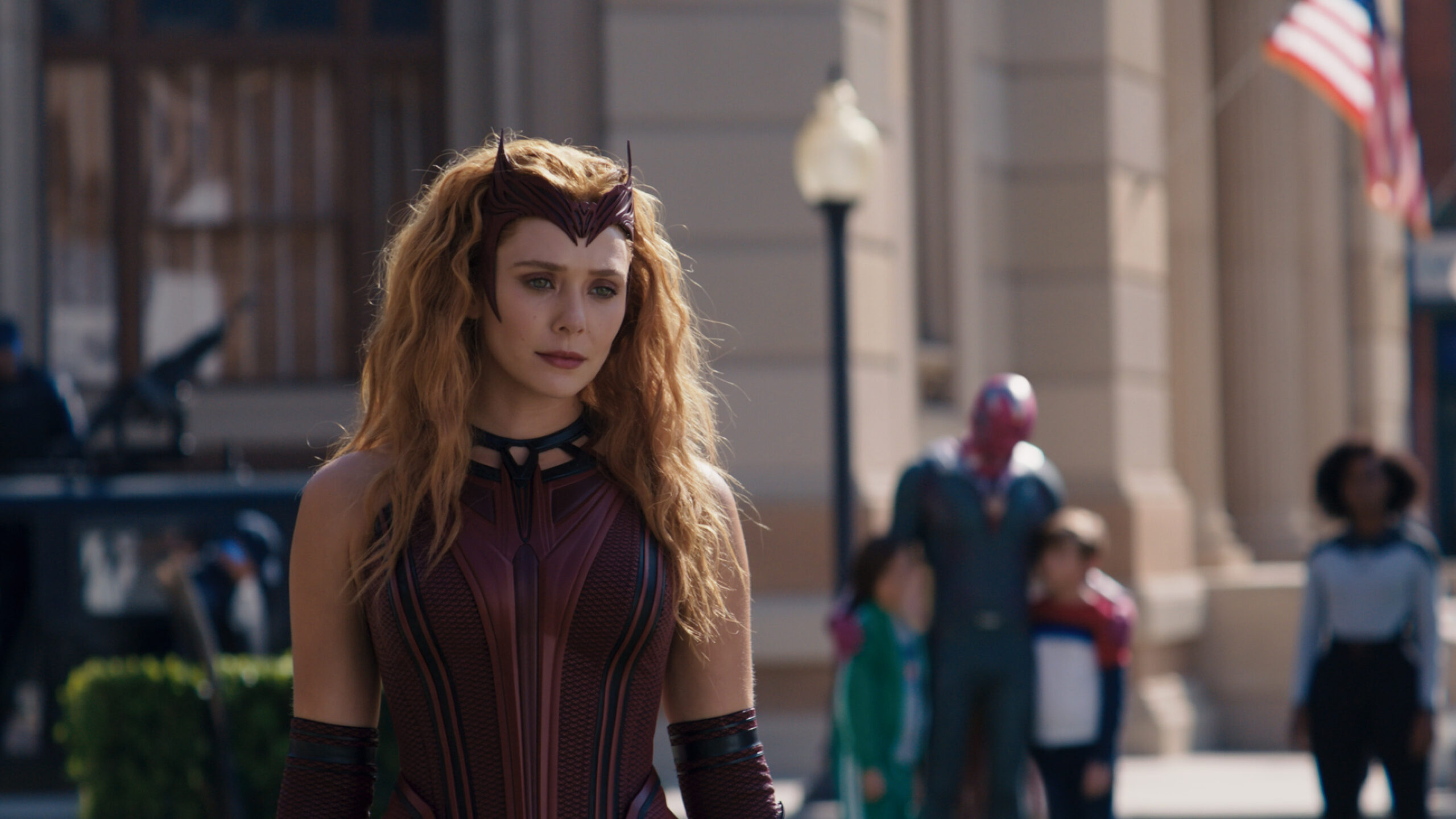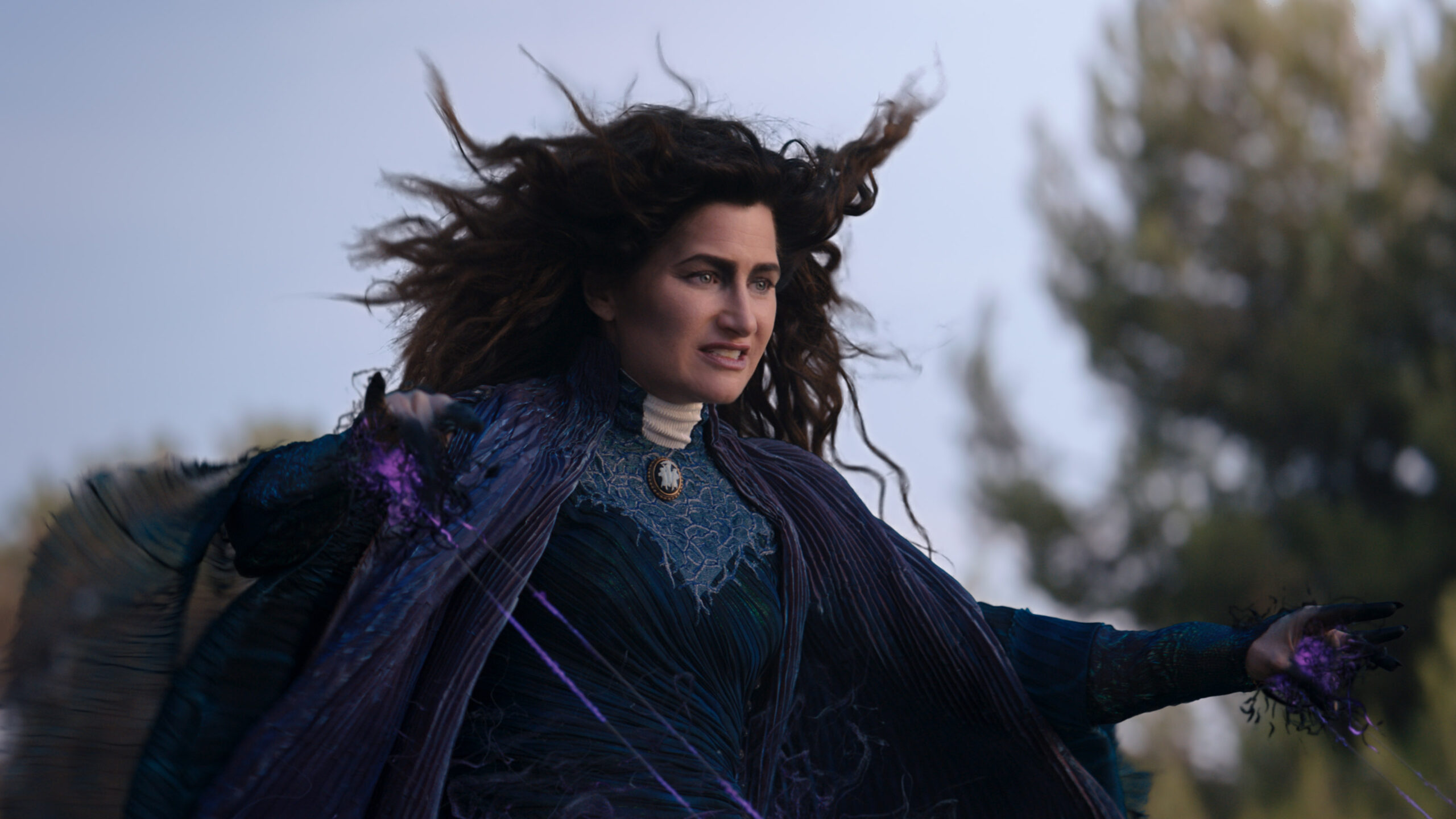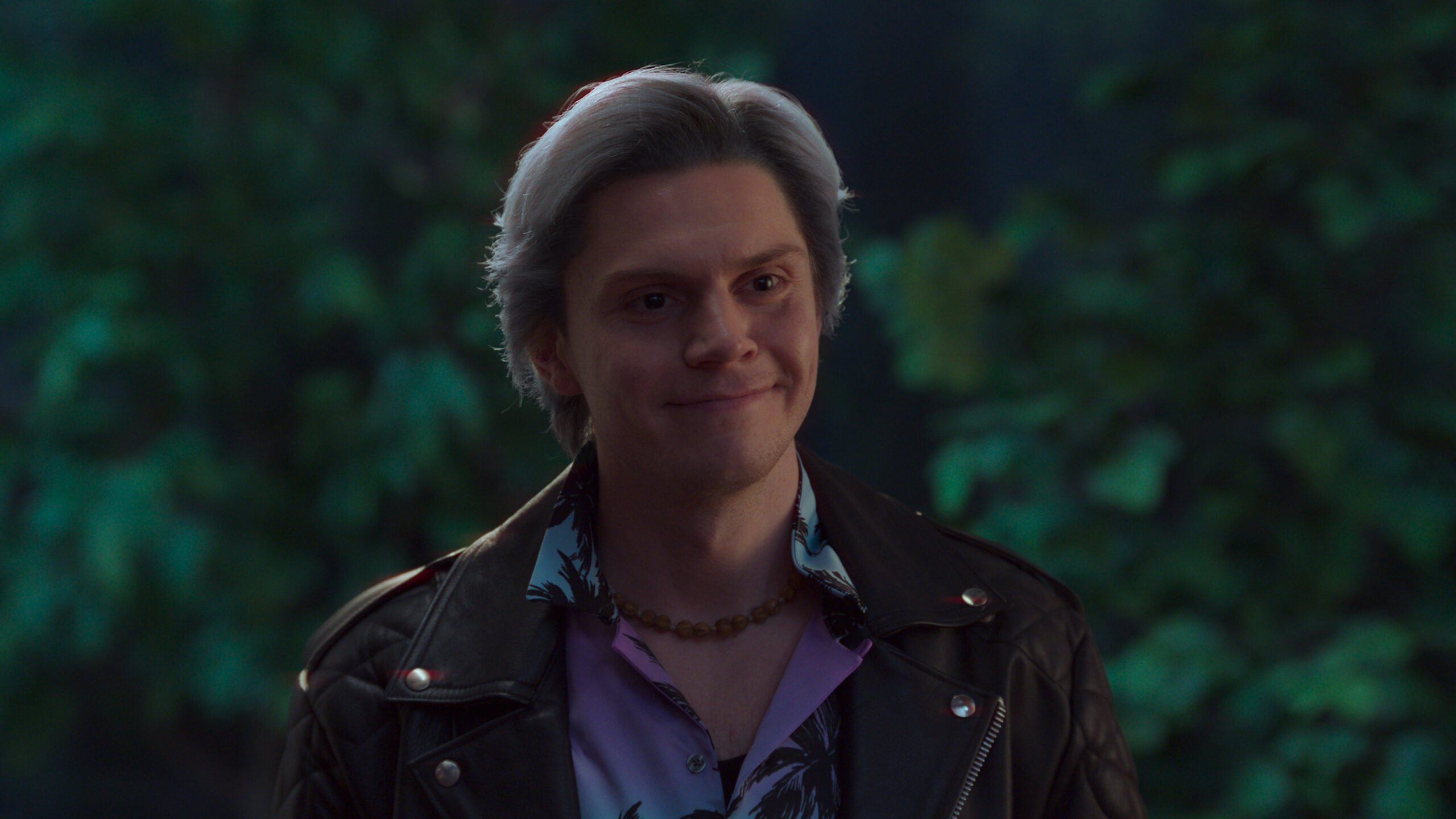WandaVision is a Marvel in Predictable Programming
The final episode of WandaVision, appropriately titled ‘Series Finale’ has aired and fans seem to be split on their reactions. Up until this point the series by Matt Shakman, starring Elizabeth Olsen and Paul Bettany received near-universal praise. But the final episode was the lowest rated of the 9 episode season according to Rotten Tomatoes.
Despite, that it still sits at 88% and according to social media the response looks just as positive. Fans didn’t get the big payoffs they were hoping for in Wanda and Visions’ small part of the Marvel Cinematic Universe. There was no multiverse reveal, no mutant conspiracy, and no Doctor Strange or Reed Richards.
What fans got, was exactly what they were going to get all along. A predictable, yet moving story about a woman suffering from grief. Who also happens to be a chaos magic-wielding superhero.

The Marvel Plan
I loved WandaVision, specifically, the last two episodes of Wanda Maximoff’s journey were pure Marvel gold. The penultimate episode featuring Agatha Harkness walking Wanda through her past traumas helped to grow and teach us more about the character than most of the movies up until this point.
But the final episode, was everything fans have come to expect from a Marvel movie. Despite the fact that the Disney Plus series is looking to take the storytelling to another level, we’re still watching Marvel unfold. It’s just going to take weeks instead of hours.
With that in mind, we did see WandaVision fall into some of the usual Marvel tropes. The biggest and most predictable of these being the Hero facing off against an evil version of themselves.
In Iron Man, Tony Stark faced the Obadiah Stane, two men of industry both piloting mech suits. Tony in his Iron Man armor and Obadiah in a bigger, better version he called the Iron Monger. In Ant-Man, Scott Lang would fight Daren Cross as the Yellowjacket, a more dangerous version of the technology Ant-Man was using.
Marvel has a real problem in a lot of their movies of just putting the hero up against a villain with the same power set. While the comic book lore and canon of the show justifies it with Agatha and the White Vision, it’s still a predictable move by Marvel Studios.
Thankfully, while a pattern that Marvel repeats often, it doesn’t take away from the series in any way. One breath of fresh air in the final moments of the finale centered on The Vision, or Visions, rather.
While Agatha and Wanda fought magic to magic above the town, The Vision managed to overcome his new Ivory-colored foe in a way that was very ‘him’. He asked what his mission was, “To destroy the Vision.’ At which point things got philosophical.

The good Vision brought up the thought experiment about the ship Theseus, and as its boards and planks are replaced…is it still the same ship? The idea here is that good Vision asked the bad Vision…if you’re supposed to stop the Vision, who exactly is the Vision?
The White one is actually comprised of parts from the original Vision, while our good Vision was made up entirely by Wanda’s powers. It was a clever way to trick the ‘programming’ SWORD has put into the new Vision and allowed our good Vision to ‘unlock’ the memories within his counterpart.
It was also the last we saw of the White Vision in WandaVision, but it’s a good bet he’ll come back later after an identity crisis and re-take his rightful place in the Marvel Cinematic Universe.
New Expectations
The biggest lesson that viewers and fans of the MCU need to take away from WandaVision is how to temper our expectations. The biggest fault I see fans parroting about the finale and the series as a whole on social media is that it didn’t fit any of their fan theories.
It’s important to keep in mind that Marvel is also well aware of how much fans love theory-crafting and trying to figure out what’s coming. In fact, they’re starting to put Easter eggs in just to misdirect fans. The Scarlet Witch and Quicksilver costumes with the FoX-Men universe’s Pietro turned out to just be a clever nod, but ultimately, meant nothing.
Even Emma Caulfield, who fans were positive would turn out to be Arcana Jones (aka Moonglow) another magician and magic-user, was cast specifically for that reason. She played Dotti Jones and while we ended up being another random citizen of Westview, Marvel knew people would obsess over whether she was Arcana or not.

Everyone wanted some big reveal, be it the multiverse or the inclusion of mutants in the MCU. Everyone wanted to see a Reed Richards cameo, despite the Fantastic Four movie only having a title card reveal a few months ago.
As an audience, we’re so used to the string along from one big thing to another on the silver screen. Even when smaller, more intimate stories are told, post-credit scenes still hint at the next Avenger’s level threat.
Maybe the fan expectations were bigger this time around because we’ve gone an entire year in a post-Covid world with no Marvel to watch. With the dawn of the next phase that probably compounded everyone’s need to know “what’s next?”
Kevin Feige has recently said that the Disney Plus series are being used for smaller-scale stories. The big screen will be reversed for the Avengers movies, the Infinity War events. And despite how big and dangerous Wanda is when she loses control of powers, WandaVision was still a story about a woman suffering and struggling with her grief in a small town.
The story of Wanda Maximoff and Vision, or even Wanda and Pietro, is far from over. The trauma these characters suffer at the hands of villains such as they did in Avenger’s Age of Ultron, is something that gets fixed overnight. And as the show taught us, it’s also not something magic can fix.

The importance of WandaVision is that at the end of the day, these aren’t shows about superheroes. They’re shows about people that, despite having superpowers, still have to overcome the same grief and trauma as everyday folks. There are no shortcuts. There’s no way to magically use mind control to alter our brain patterns.
You just have to stand up, be brave and face your problems head on.
The Other Identity
If you want more on WandaVision, the MCU, or comics in general, check out the Other Identity podcast. Each week Robbie Landis and Ben Morse (former Marvel Alumni) dive into various DC Comics and Marvel Comics topics. Everything from the comic book pages to the heroes on the silver screen, the Other Identity celebrates the fan in all of us. Whether a veteran reader or a new fan of the MCU, the show is for everyone.
This week Robbie and Ben break down everything they loved about WandaVision, but also talk about what they think didn’t quite work and could’ve been better. Plus, what do they think is next for the Scarlet Witch and the MCU?
Follow CheckpointXP on Twitter, Facebook, and Instagram! You can also follow the hosts of the Other Identity, Robbie Landis and Ben Morse.
Feature Image, Photo courtesy of Marvel Studios. ©Marvel Studios 2021. All Rights Reserved



